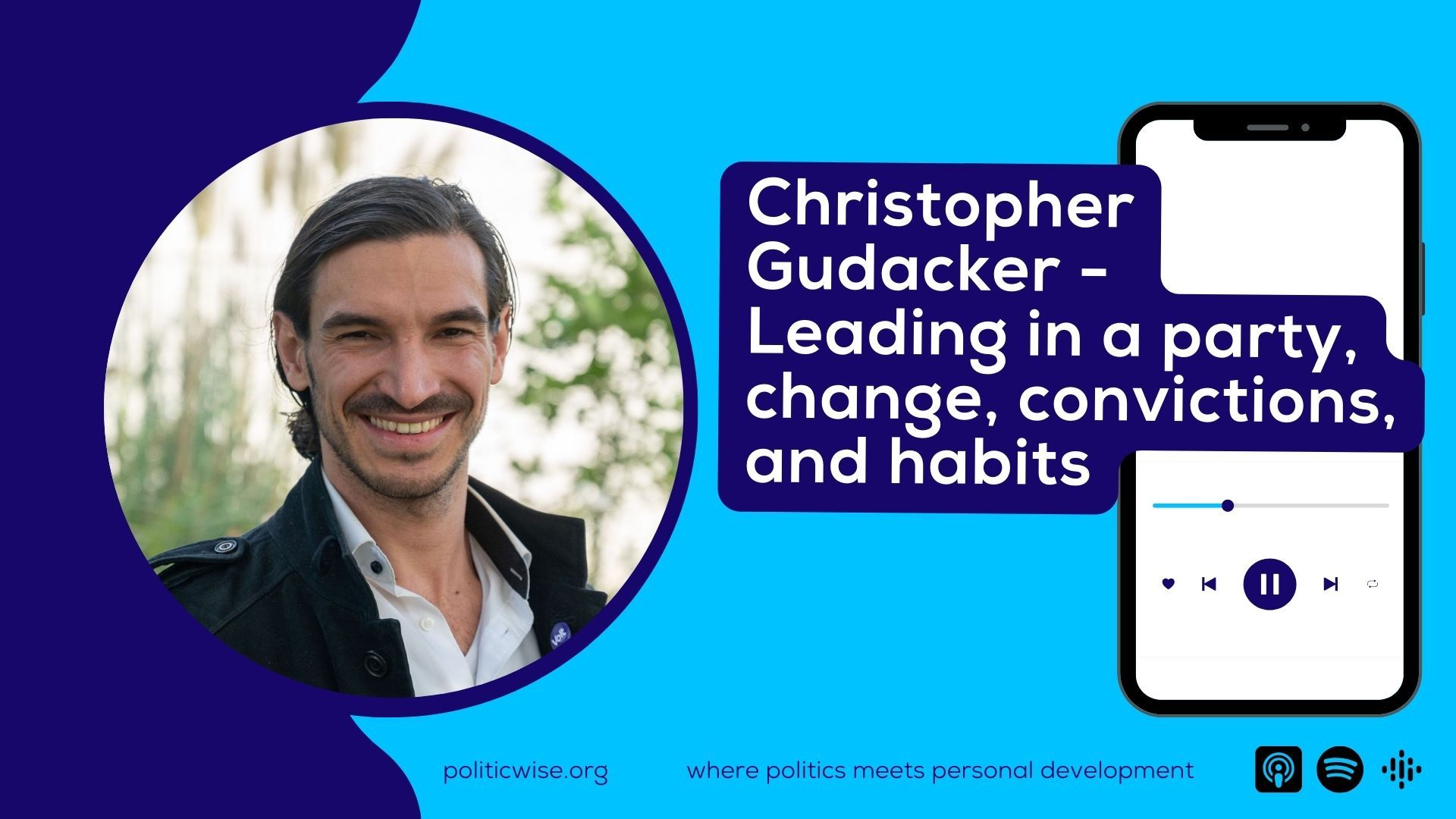Reading the classic 'Flow' by Mihaly Csikszentmihalyi is like stumbling on a gold-mine of practical insights.
It feels selfish to keep them to myself, so let me digest a few core nuggets that have helped me and the people around me.
First, why care about 'flow'?
Well, getting into flow is a reliable, documented, researched route to enjoyment. Not the Netflix-kind of passive satisfaction, but active, engaged enjoyment that feels enriching.
We lose a sense of time and space, and after the flow experience we feel and know that we've grown in some way.
What is flow, in a nutshell? It's an experience of ordered consciousness, directed at an activity that is challenging and demands our full attention and ability.
There are typically 8 components present in a flow experience:
1. Challenging activity that requires skill
2. Concentration
3. Clear goals
4. Immediate feedback
5. Deep involvement that removes from awareness other, everyday worries
6. Opportunity to exercise a sense of control:
“what people enjoy is not the sense of being in control, but the sense of exercising control in difficult situations. It is not possible to experience a feeling of control unless one is willing to give up the safety of protective routines. Only when a doubtful outcome is at stake, and one is able to influence that outcome, can a person really know whether she is in control.” P. 61
7. Concern for self disappears yet emerges stronger after the experience is over:
“When not preoccupied with our selves, we actually have a chance to expand the concept of who we are. Loss of self-consciousness can lead to self-transcendence, to a feeling that the boundaries of our being have been pushed forward.” P. 64
8. Sense of duration of time is changed
Why not use it as a checklist? 👆
To make sense of the activities that you enjoy, or to design activities for more flow.
If I'm writing too much about flow, please let me know by replying 😄
If you're enjoying it or find it valuable, I'll share more in the next weeks, e.g. about:
3 steps to turn adversity into an enjoyable challenge, or:
Why being in politics is the biggest (potential) flow you can imagine.
p.s. 👇 below, find the latest podcast, what I'm currently reading/listening to and my favourite quote this week
🎙️ My latest podcast

📚 What I read & listen to
Hannah Arendt's account of Adolf Eichmann's trial in Jerusalem is gloomy, heavy and enlightening at the same time. It's an insight into the human and social psychology of a major organiser of the Holocaust. The premise is troubling and serious: while the outcome is from hell, the psychology, circumstances, justifications can and must be understood, because they are latent and a potential all around and inside of us.


